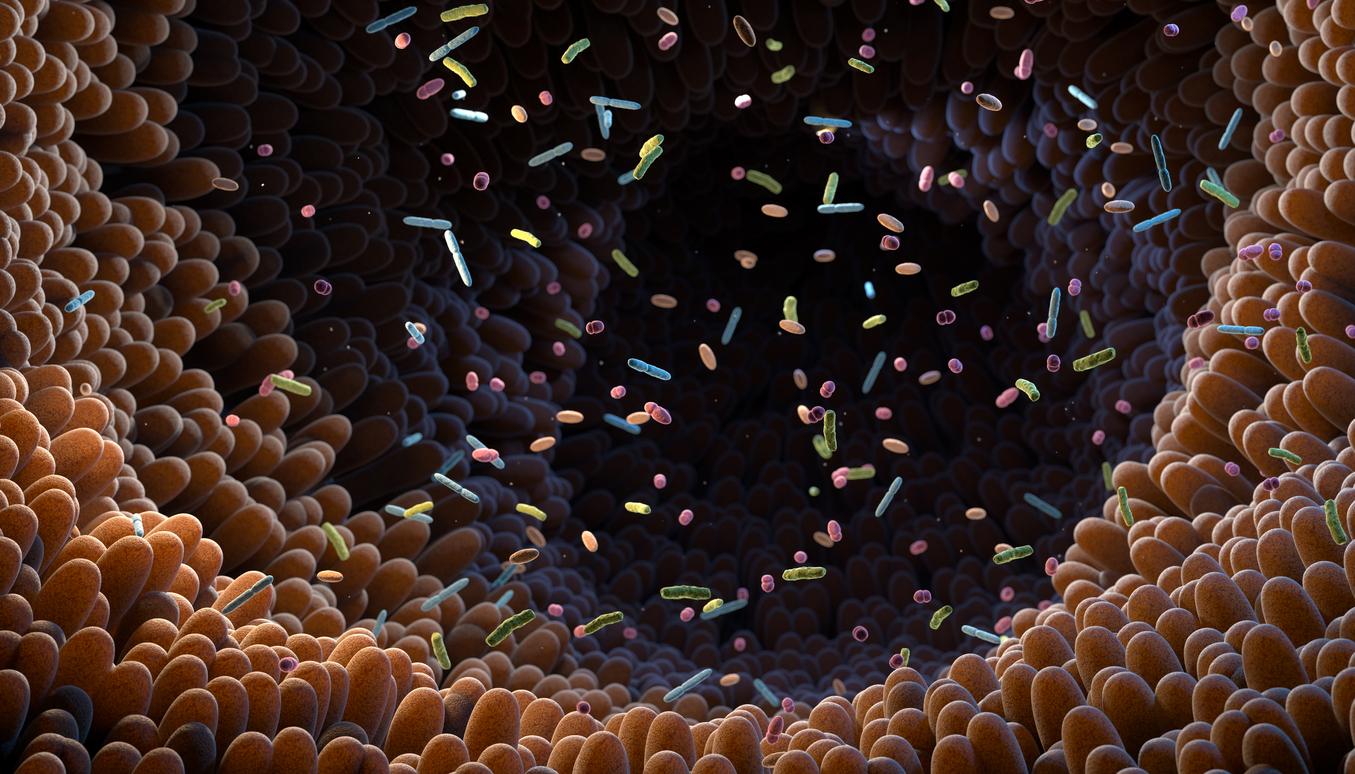A Inserm study published on June 7 makes a new hypothesis regarding age-related diseases. What if they were due to a protein folding anomaly? This would lead to oxidation of proteins and change their functioning.
Aging is often synonymous with new pathologies. Whether it’s cancer, heart problems, or autoimmune diseases. But how is this done?
The Inserm study recalls: “Reactive oxygen species (ROS) resulting from energy metabolism reactions have often been singled out. They oxidize cellular components and gradually damage the cells.“
Save oxidized proteins? It’s possible !
But a new data revealed by the study estimates that if the proteins of the human body were able to defend themselves against oxidation, these degenerations would be less. The study states:In fact, the majority of proteins are folded on themselves, so that they are protected from the phenomenon of oxidation.“.
But researcher Miroslav Radman explains that this withdrawal can vary from person to person. This is why not everyone ages in the same way, with more or less health concerns. And when a protein oxidizes, the researcher explains that it “paralyzes”, which leads to malfunctions, and therefore to various and varied diseases…
The researchers validated this theory of protein oxidation regarding Parkinson’s disease during their study. The good news ? This phenomenon is reversible! It should “administer molecules capable of attaching to misfolded proteins in order to protect them“. It is on this technology that the researchers are currently working.
Read also:
Fewer calories to reduce age-related diseases
The brain is still producing neurons at 90

















